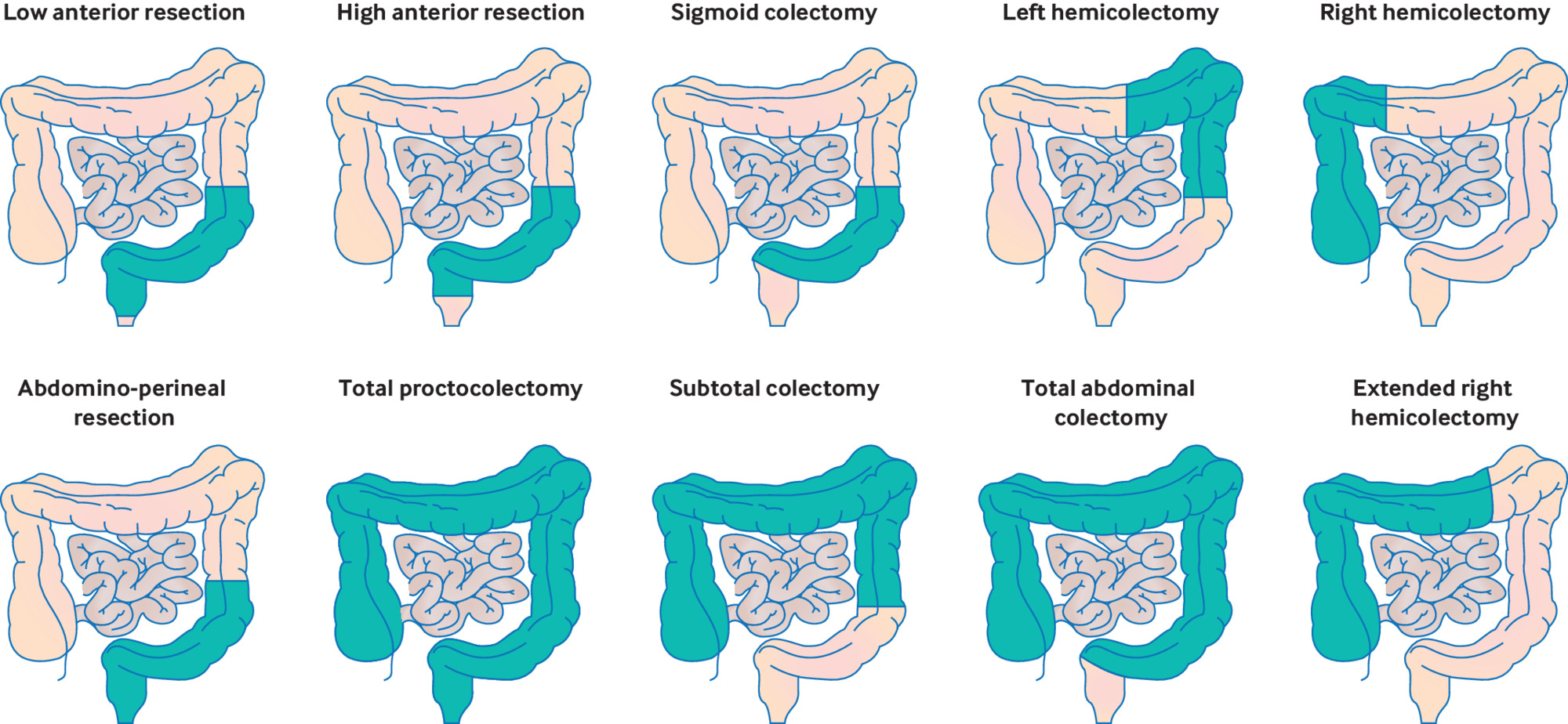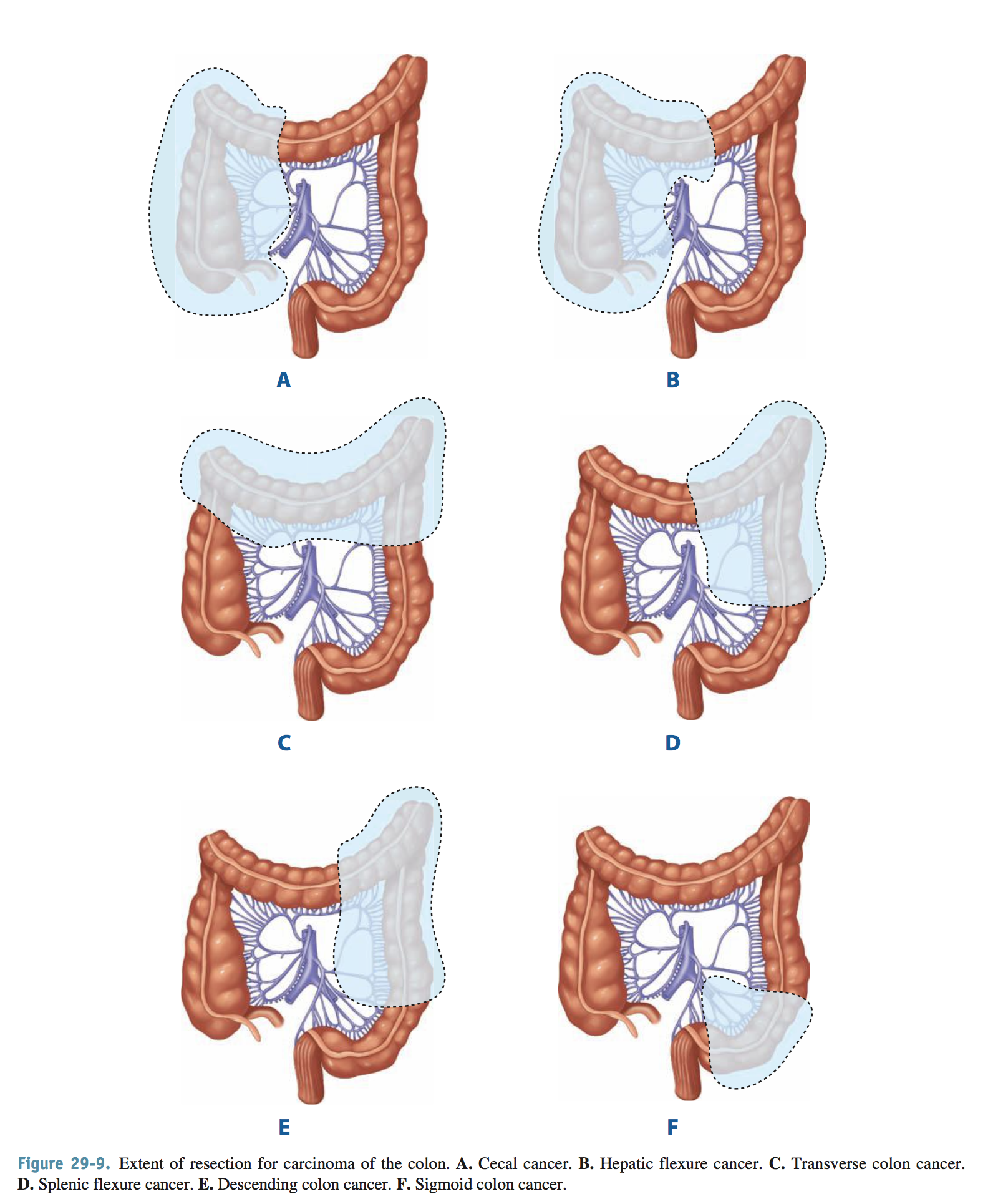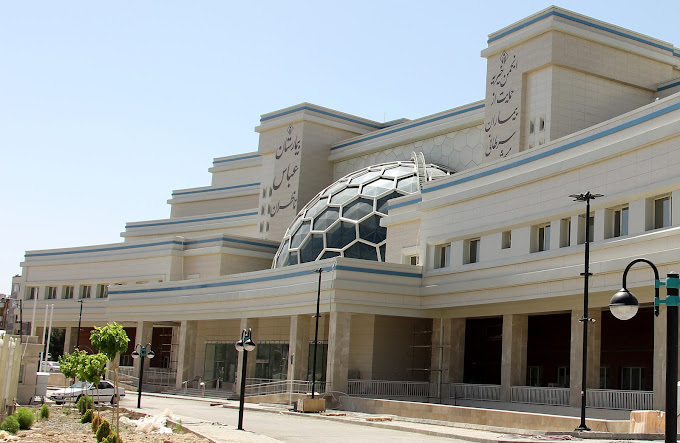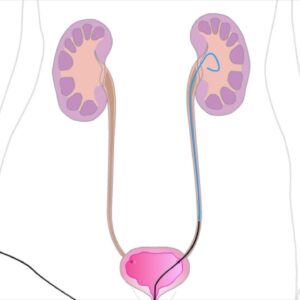Description
Familiarity with Treatment: A proctectomy is a surgical procedure to remove all or part of the rectum. It is commonly performed to treat rectal cancer but can also be used for other conditions such as severe inflammatory bowel diseases (like ulcerative colitis and Crohn’s disease) and familial adenomatous polyposis (a genetic condition that causes polyps in the colon and rectum).
Procedure:
- Consultation and Evaluation: Before the surgery, a thorough evaluation is conducted, including imaging tests, blood tests, and possibly a colonoscopy.
- Bowel Preparation: The patient must undergo bowel preparation to clean out the intestines.
- Anesthesia: The surgery is performed under general anesthesia.
- Surgical Approach: The surgeon may use different techniques depending on the specific case, such as open surgery, laparoscopic surgery, or robotic-assisted surgery.
- Removal of Rectum: The affected part of the rectum is removed. In some cases, the anal opening may also be removed.
- Reconstruction: If possible, the remaining parts of the intestine are reconnected to maintain bowel function. In some cases, a colostomy (an opening in the abdominal wall for waste to exit) may be necessary.
Who is it suitable for?
- Patients with rectal cancer.
- Individuals with severe inflammatory bowel diseases not responding to other treatments.
- Those with precancerous conditions like familial adenomatous polyposis.
Who is it not suitable for?
- Patients with certain medical conditions that increase surgical risks.
- Individuals who are not fit for major surgery due to overall poor health.
Advantages:
- Potentially life-saving for patients with rectal cancer.
- Can significantly improve quality of life for those with severe inflammatory bowel diseases.
- Reduces the risk of cancer in patients with precancerous conditions.
Complications:
- Infection and bleeding.
- Difficulty in bowel movements or incontinence.
- Sexual dysfunction.
- Risks associated with anesthesia.
- Potential need for further surgeries.
Previous Care:
- Detailed consultation and planning with a healthcare team.
- Pre-surgical assessments to ensure the patient is a suitable candidate.
- Bowel preparation and possible antibiotic administration to reduce infection risk.
Aftercare:
- Regular follow-up appointments to monitor recovery.
- Adherence to post-operative care instructions, including diet and activity restrictions.
- Managing pain and preventing infection with prescribed medications.
- Monitoring for any signs of complications and seeking medical advice if needed.











Reviews
There are no reviews yet.